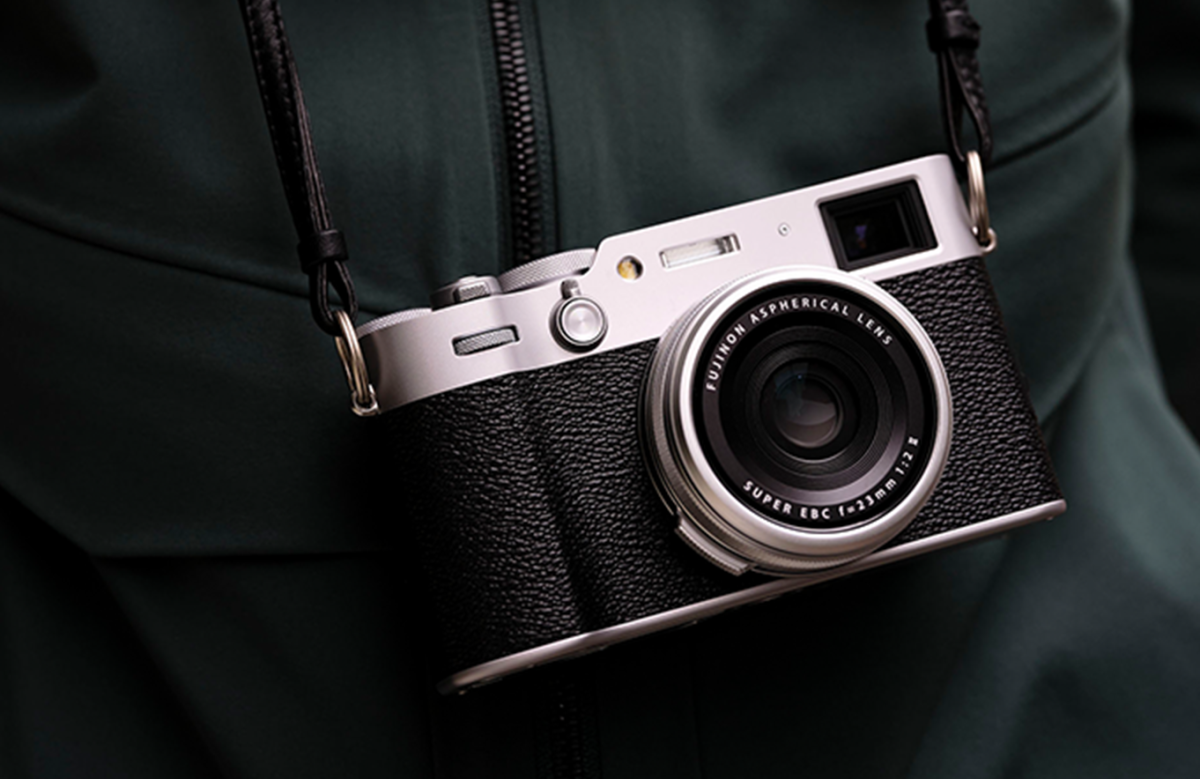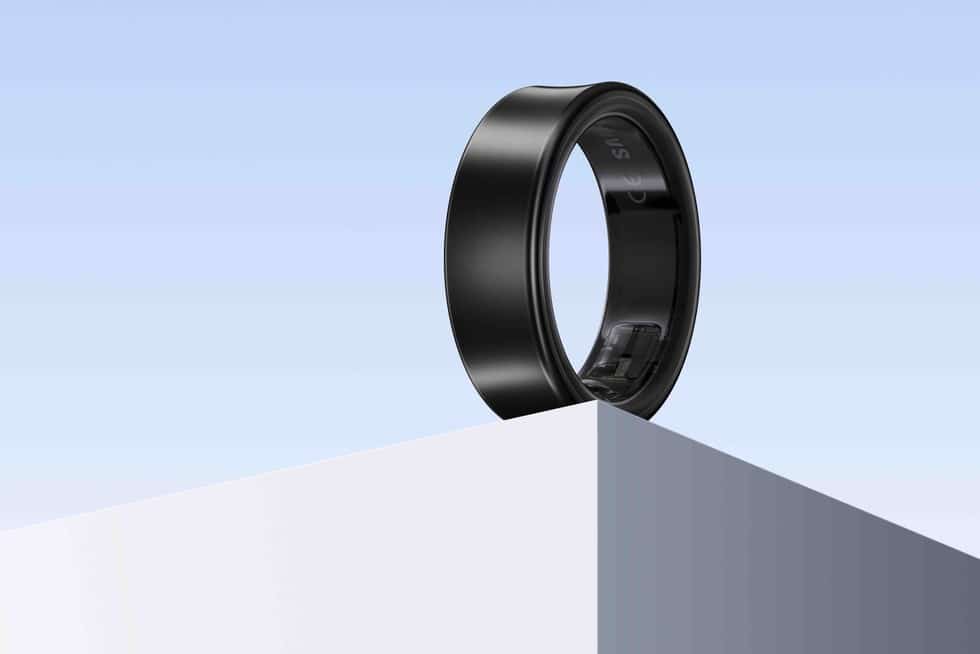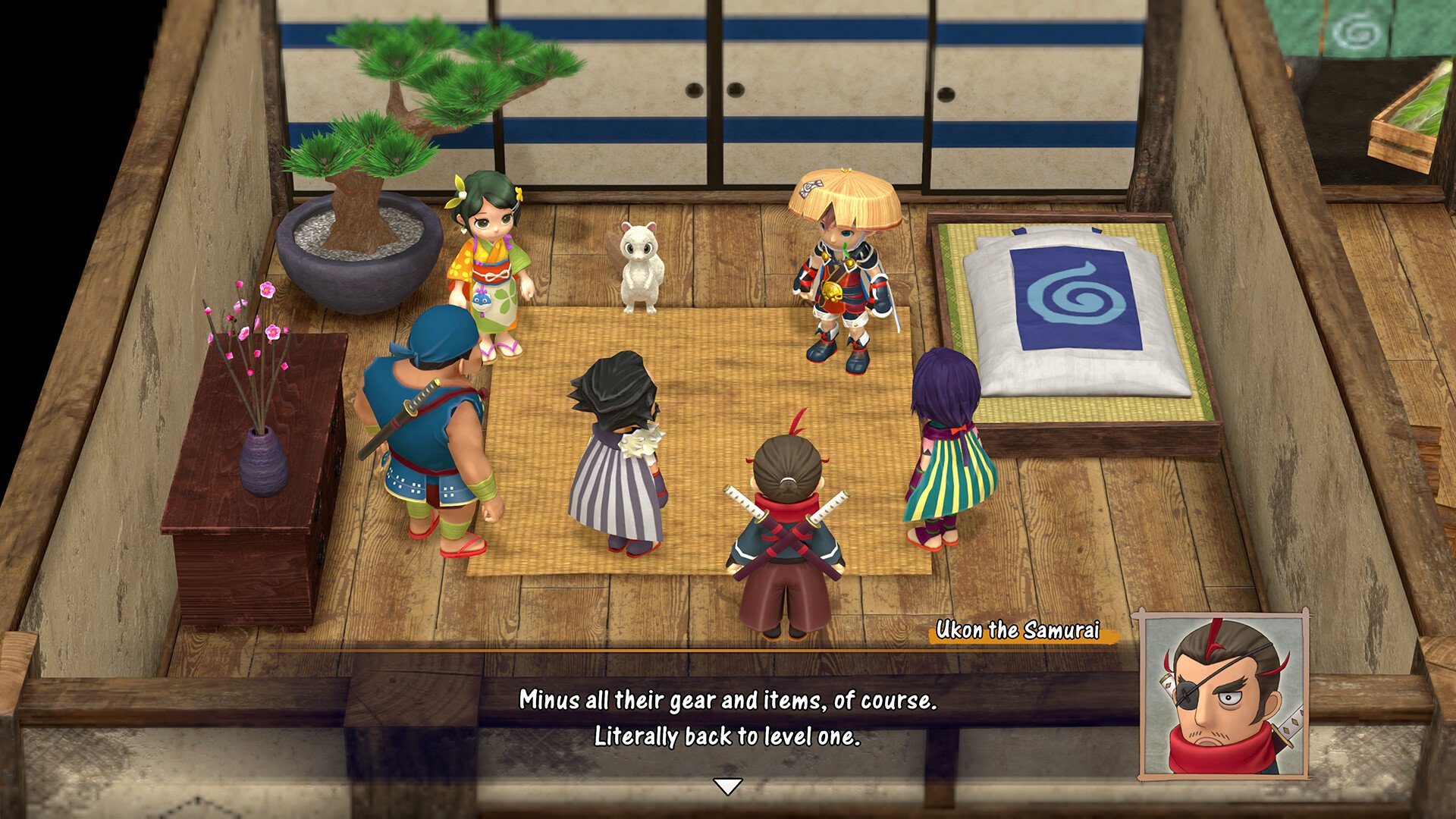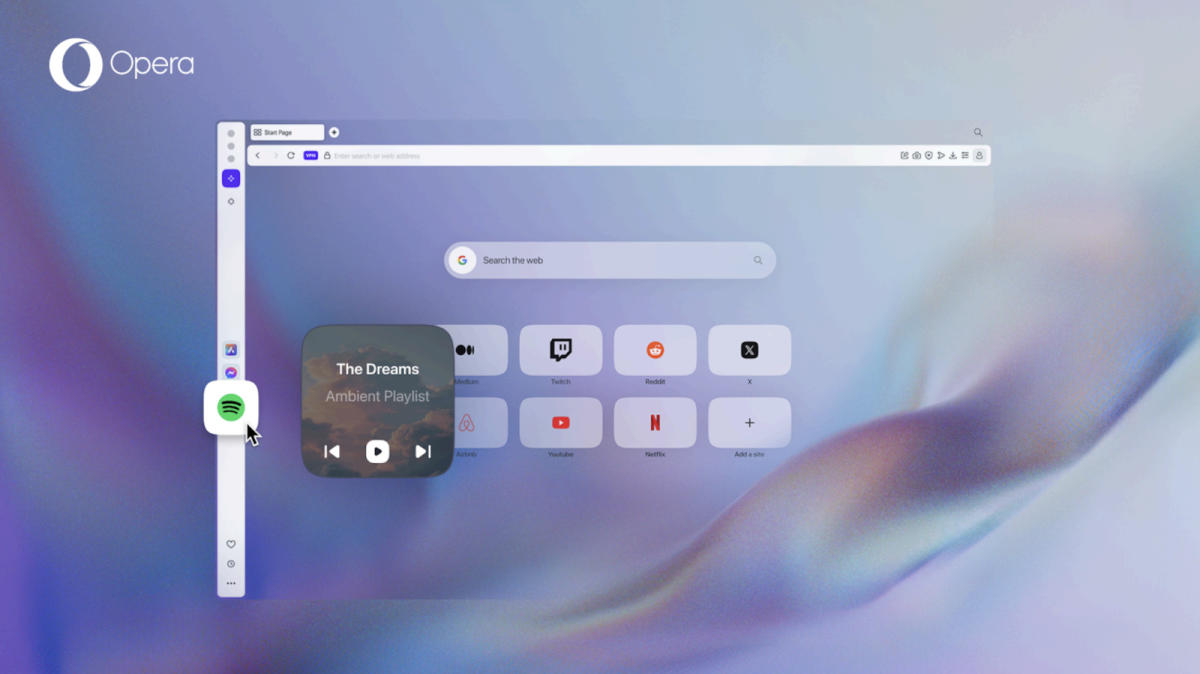Fujifilm’s X100V was the toy to have over the last couple of years (thanks, TikTok) and the company has now released its successor, the 40.2-megapixel X100 VI, with large improvements across the board. While keeping the same retro form, it offers much faster shooting speeds, in-body stabilization, 6.2K 30p video and more.
The X100VI looks identical to the previous model, with the same styling and control positions. The series was conceived as a street photography camera, borrowing a lot of styling cues from Leica’s famous rangefinder cameras. As such, it doesn’t have the world’s great ergonomics, but is light at 521 grams, discreet for shooting and can slide into a jacket pocket.
Fujifilm elected to go with the same 40.2-megapixel (MP) APS-C sensor as the much bigger X-H2, significantly boosting resolution over the X100V. I think that’s a wise choice as it gives the camera — which has a wide-angle fixed 23mmm f/2.0 lens (35mm full-frame equivalent) — more cropping options. The price for that is likely a small drop in low-light sensitivity.
Another big new feature on the X100VI is built-in 5-axis stabilization with up to 6 stops of shake reduction. Given the X100VI’s small body, it’s an unexpected but welcome feature, and will be a big help to street photographers taking candid shots on the fly.
The X100V keeps the same 3.69-million dot hybrid optical viewfinder and 1.62-million dot LCD display, but the latter now tilts downward an extra 15 degrees to make shooting from above easier. It retains the same battery as before (CIPA rated for 300 shots), and unfortunately, the same slow UHS-I card slot.
The X100VI still shoots at 11fps with the mechanical shutter and 20fps in electronic mode, but autofocus is quicker and more capable, according to Fujifilm. It now offers the company’s latest tracking and face/eye detection, along with animal/vehicle and other types of subject detection.
Image quality should be improved as well with the extra resolution and a lower native 125 ISO. And since a lot of the newfound social media popularity of this camera is based on the film simulation modes, the camera comes with 20 built-in, including a new one called Reala Ace, designed to offer “faithful color reproduction and contrast tonality.”
Finally, one usually doesn’t think of video when it comes to this series, but the X100VI is surprisingly capable for a tiny compact. It can shoot 6.2K video at up to 30fps, 4K at 60 fps and 1080p at 240fps. You also get 10-bit F-log and F-Log2 recording, shockingly good for a small, photo-centric camera with a fixed lens. The only downside is relatively low data rates (200Mbps max) due to the slow cards, but you can capture ProRes to an external recorder.
Fujifilm’s X100VI is now on pre-order for $1,600 in silver or black, with shipping slated for early March 2024. The company is also offering a special edition version “engraved with the corporate brand logo from Fujifilm’s founding in 1934” for $2,000. It has vowed to reduce the long lead times of the previous model by manufacturing it in China like other recent models.










